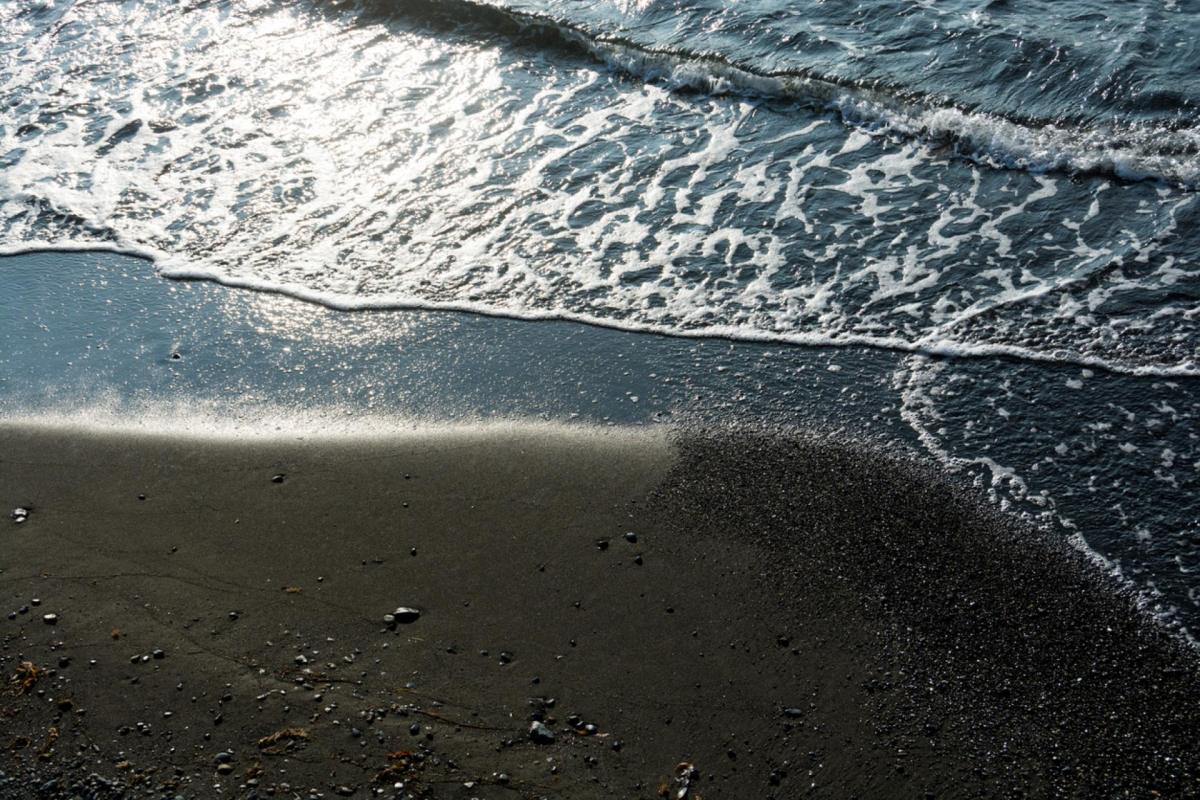Residents of the island of Hokkaido in northern Japan were stunned to find thousands of dead fish washed up on the shoreline.
What happened?
According to the Associated Press, the half-mile stretch of beach was covered with sardines on a December morning, and it's unclear why.
Locals said they had "never seen anything like it," and despite the vast quantities of seafood that washed up, the town called on residents to not eat the fish.
There are some theories as to what could have caused the mass death. Takashi Fujioka from the Hakodate Fisheries Research Institute said the sardines could have become exhausted while in a vast school to avoid predators, leading them to wash ashore.
He also suggested that unexpectedly cold water during migration may have also caused the demise.
Why is this concerning?
The effort to clean the shoreline up would be significant and time-consuming. But the decaying fish could lead to further problems, according to Fujioka.
He told the Associated Press that the dead fish could lead to decreased oxygen levels in the water, which could have serious consequences for the surrounding aquatic ecosystem.
What can be done to prevent ocean ecosystem damage?
While the reason for this mass collection of dead fish might never be explained, there are ways that we can all help to protect ocean creatures.
Single-use plastic can be harmful to ocean life, so avoiding it, if possible, can be extremely beneficial to the health of sea animals.
The material can easily enter water networks if not disposed of properly because it is lightweight and can be blown by the wind until it reaches a river, lake, or sea.
When it enters this environment, it can be ingested by fish and other marine animals, leading to potential death.
According to the World Wildlife Fund, it's thought that plastic pollution kills around 100,000 marine mammals every year.
Meanwhile, the harmful chemicals used to make plastic can leach into the water, damaging delicate ecosystems.
Cold waters were a suggested reason for the death of the sardines in Japan, which demonstrates how temperature changes can significantly impact migratory routes.
Global heating can impact the temperature of oceans and their currents, so trying to avoid activity that produces planet-warming pollution is also crucial for the health of marine animals.
Join our free newsletter for cool news and cool tips that make it easy to help yourself while helping the planet.









